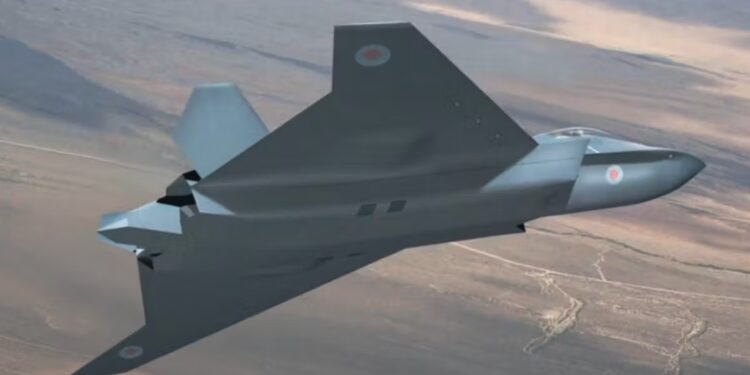Germany comes closer to modernizing military after key defense contracts are cleared Germany’s well-documented pledge to modernize its military stepped closer with used with the clearing of some vital defense procurement contracts by the parliamentary Budget Committee, though pending parliamentary approval is still required.
This significant investment from the Bundeswehr’s special fund and regular defense budget will be directed at aircraft protection improvements for the capability of its F-35A fighter aircraft and Eurofighter fleet among others.
One of the main orders, worth an estimated €677 million, is for the purchase of Joint Strike Missiles (JSM) for Germany’s future fleet of F-35A planes. This procurement, in cooperation with Norway, provides the F-35A with a long range, precision guided air to ground and anti-ship missile.
The JSM is a standoff missile with an infrared seeker that uses data sharing, the Terrain Reference Navigation and an imaging infrared seeker to achieve precision targeting and can hit whatever is within its 250-km range. In Germany’s case, the F-35A , intended to succeeded the country’s aging Tornado fleet in their nuclear sharing role , it too will also have access to the missiles for ground support of ground forces, and for the suppression of enemy air defenses.
Additionally, the committee cleared a key radar operating concept and sensor management system update for the Eurofighter Typhoon. Run by the NATO Eurofighter and Tornado Management Agency (NETMA) and including Germany, Spain, Italy, and the U.K., Germany is funding just below €60 million of the almost €183 million cost of the undertaking.
The enhancement is expected to enable Eurofighter pilots to make full use of the radar performance and reduce pilot workload, improving the effectiveness of air-toair and air-to-surface missions, and maintaining the combat edge of the aircraft until the middle of the century.
In addition to these suspensions, the serial installation of Directed Infrared Countermeasures (DIRCM) for A400M Germany fleet (536,8 M€) will significantly improve the self-protection against modern infrared guided missiles.
Other framework contract worth up to €282 million for airborne decoys that are meant to distract radar- and heatseeking missiles by simulating infrared engine heat signatures and radar ideas, safeguarding several German military planes.
These acquisitions illustrate a Germany striving strategically to strengthen its defense capabilities in a turbulent new geostrategic era: Pursuing sophisticated technologies to build a future-proof and highly capable military.










![Online Scam Cases Continue to Rise Despite Crackdowns on Foreign Fraud Networks [Myanmar] Online Scam Cases Continue to Rise Despite Crackdowns on Foreign Fraud Networks [Myanmar]](https://sumtrix.com/wp-content/uploads/2025/06/30-12-120x86.jpg)





